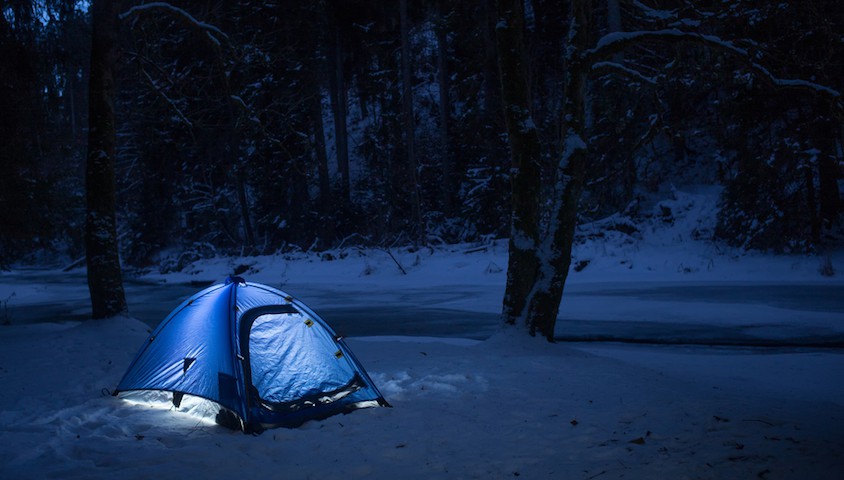Researchers have found evidence to suggest that those with sleeping troubles may benefit from more time in natural sunlight and a weekend of camping.
Appearing in Current Biology, Kenneth Wright from the University of Colorado revealed findings that showed modern lifestyles cause a shift in circadian rhythms, causing people to generally stay up later and struggle to get up in the morning.
“Late circadian and sleep timing in modern society are associated with negative performance and health outcomes such as morning sleepiness and accidents, reduced work productivity and school performance, substance abuse, mood disorders, diabetes, and obesity,” said Wright.
An earlier study from Wright and his team found that artificial light sources cause a two-hour delay in our internal clocks, evidenced by changes in melatonin levels. Meanwhile, one week of exposure to summer sunlight reversed the issue.
In the latest research, five people went camping in Colorado’s winter around the time of the winter solstice without torches or mobile phones to see how a more natural light cycle influenced them.
Measuring the amount of melatonin in the subjects, Wright’s team found that the increased time spent outdoors quickly caused the natural sleep cycle to shift back by up to 2.5 hours.
Not only does the study suggest that people have yet another reason to get outdoors more often, but that there’s a strong argument for harnessing natural light cycles in our day-to-day lives.
“Our findings highlight an opportunity for architectural design to bring in more natural sunlight into the modern built environment and to work with lighting companies to incorporate tunable lighting that would be able to change across the day and night to enhance performance, health, and well-being,” Wright said.


